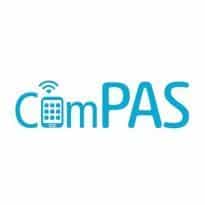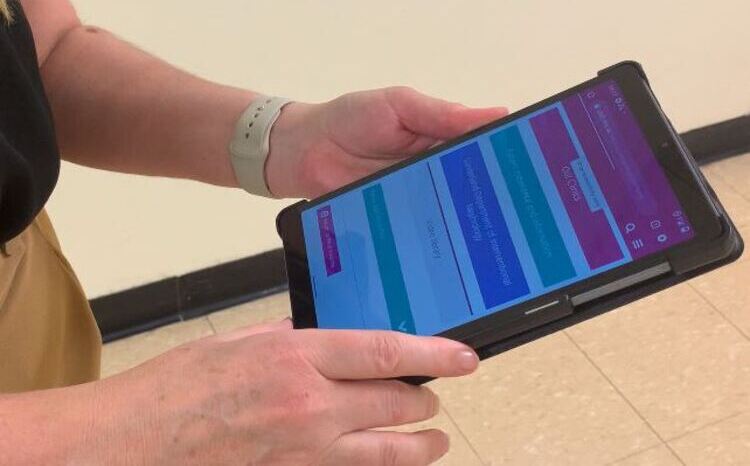Devon community does digital
- 1 August 2013

Northern Devon community health staff are using mobile devices to electronically record more than 9,000 patient contacts a week.
Northern Devon Healthcare Trust rolled out a mobile working programme to 800 community health professionals early last year.
The ComPAS project was created using integration and mobile working toolkits from NDL, in conjunction with the trust’s inhouse-built patient information system.
It allows nurses and therapists working in the field to access and update information on the trust’s systems via Samsung Galaxy tablets.
More than half a million appointments have been created to date, with 9,000 contacts entered by more than 130 teams each week.
‘Outcomes’ of appointments are now entered electronically in 90% of cases, providing the trust with a significantly richer dataset on performance and allowing it to achieve new Department of Health Community Information Data Set targets.
A further £500,000 of savings have been identified around planning and resourcing
Keri Storey, Northern Devon assistant director of health and social care, explained that ComPAS was the response to the problem facing many community trusts – that it lacked good activity or qualitative data about what it does.
New clinical commissioners reasonably expected the trust to provide performance data and the new CIDS requirements was another driver, she added.
“At no point has this ever been ‘we want to do this to count the beans’, but a commitment operationally to know we are providing the best service to our patients,” said Storey.
“We needed it to be something that could grow and evolve into something more resembling a clinical system out of which the clinical and performance data would drop, and that remains part of the roadmap of our development.”
She said the community staff chose to use Samsung Galaxy tablets and adoption grew as they realised the other benefits of having the technology on-hand such as using digital maps for directions and being able to access emails remotely.
“Camera functionality was another relatively simple-to-achieve bonus, allowing staff to share images with GPs and consultants, thus speeding up diagnosis.
“Since patients are better able to see their progress, they are more motivated to follow clinicians’ advice and outcomes have improved,” Storey added
“Our trust covers 1,300sqm of largely rural communities, so we knew we couldn’t rely on flawless connectivity. NDL’s software allows the apps to continue to function on the device regardless of connectivity, with data automatically synchronised next time signal becomes available.”




